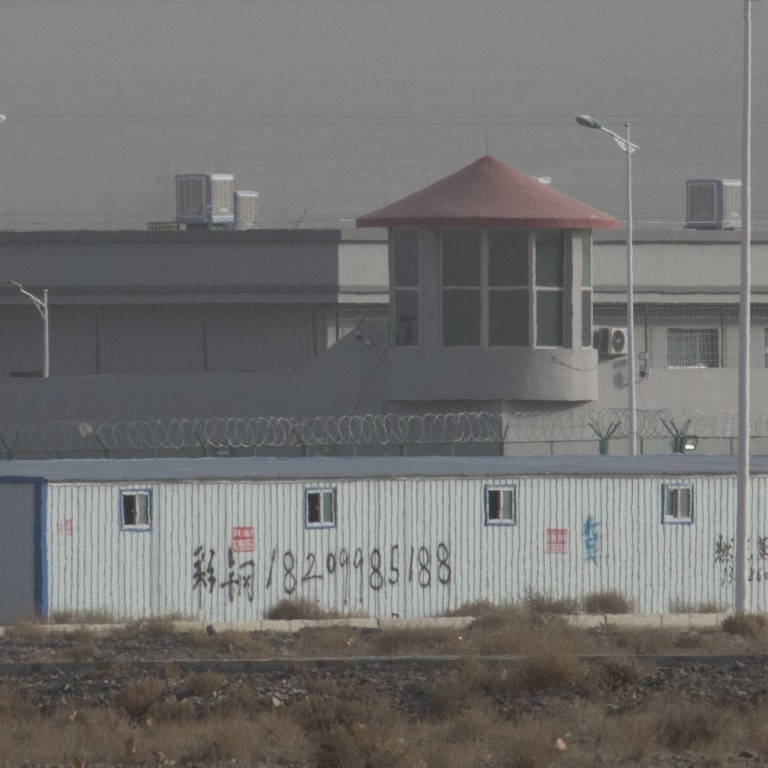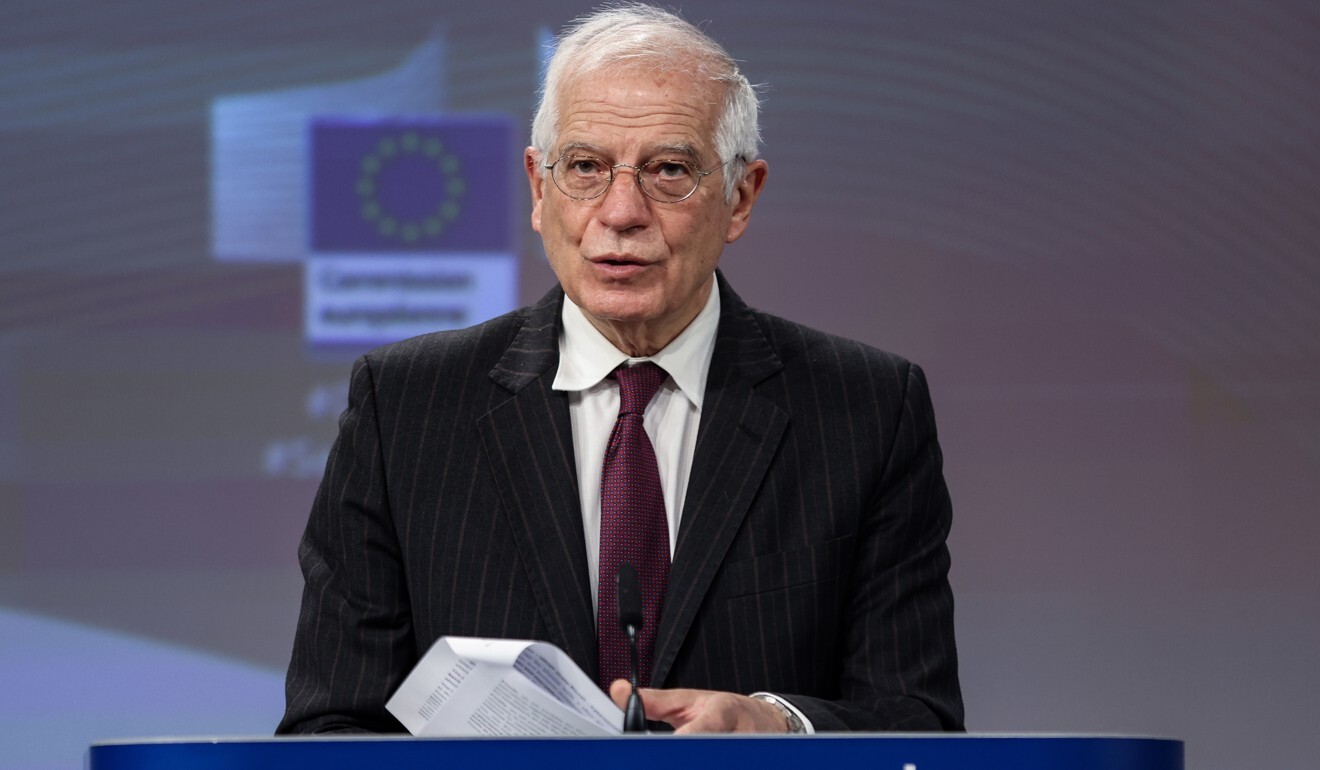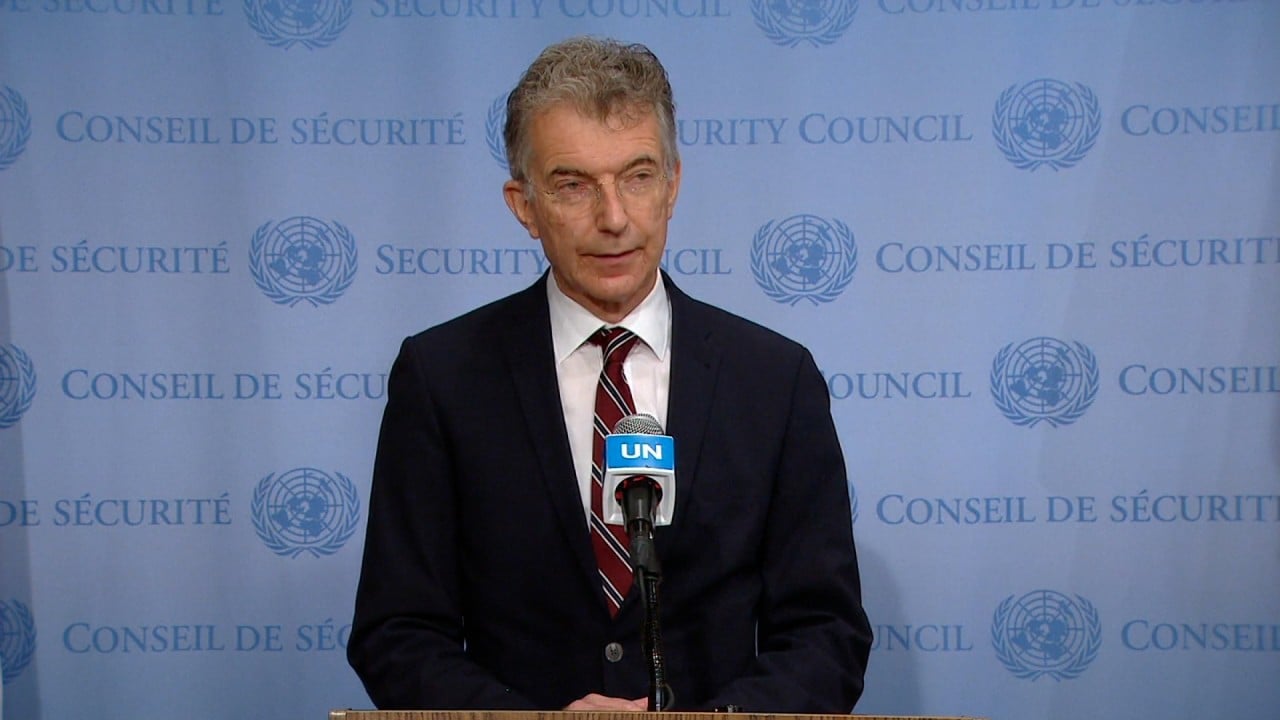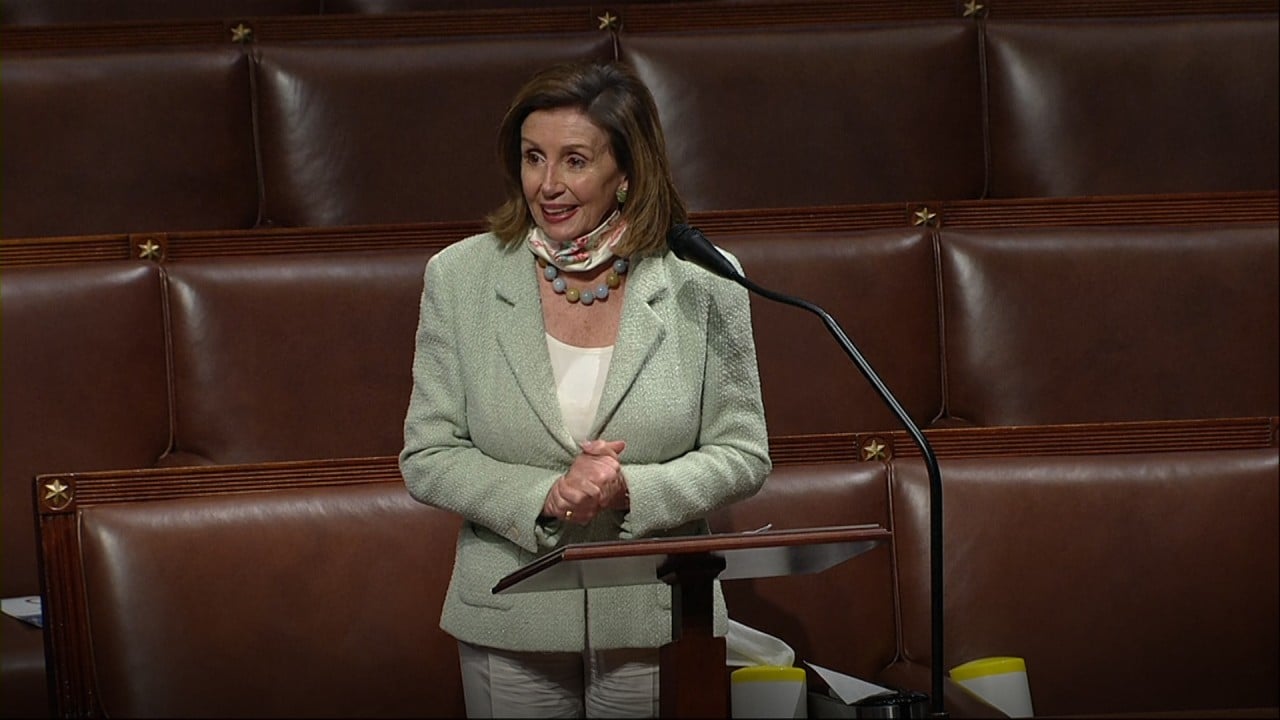
European Parliament resolution would seek sanctions on Chinese officials in Xinjiang
- A draft resolution urges EU leaders to use new sanction powers to punish Xinjiang officials
- The motion comes after the EU’s foreign policy chief, Josep Borrell, dodged questions about plans to sanction officials found to have suppressed Uygurs
The European Parliament will urge European Union leaders to use new sanction powers to punish Xinjiang officials but stop short of invoking any claim of “genocide”, according to a draft resolution seen by the South China Morning Post.
The motion’s preparation comes shortly after the EU’s foreign policy chief, Josep Borrell, dodged questions whether he planned to introduce sanctions against those found to have suppressed the Uygur Muslim communities in China’s northwest.
Borrell said last week that none of the EU’s 27 member states had yet tabled any sanction plans on the issue of Uygurs – without mentioning that he was also empowered by the new EU sanctions rules to introduce such punitive measures himself.

Attention to China’s treatment of the Uygurs and other ethnic Muslims in the Xinjiang Uygur autonomous region has grown over the past three years, with human rights advocates contending their detention in re-education camps and allegations of forced labour make the situation a global calamity.
While campaigning in August, Joe Biden, now the US president-elect, said through a spokesman that “the unspeakable oppression that Uygurs and other ethnic minorities have suffered at the hands of China’s authoritarian government is genocide”.
While avoiding such language, the European Parliament draft resolution “calls on the member states and [Borrell] to swiftly evaluate the adoption of sanctions against the Chinese officials and state lead entities, like Xinjiang Production and Construction Corps, responsible for devising and implementing the policy of mass detention of Uygurs and other Turkic Muslims in Xinjiang, for the use of forced labour”.
ICC rejects Uygur calls to investigate China for genocide
Those “orchestrating the severe repression of religious freedom, freedom of movement and other basic rights in the region and in other places, such as Tibet” should also be sanctioned, it added.
The EU launched a programme last week to allow the 27-member bloc to impose sanctions on human rights offenders globally.
The draft resolution, which is nonbinding and expected to be passed by a large majority in the parliament, also sheds light on the continuing EU-China negotiations over an investment agreement to expand market access for EU businesses in China. The self-imposed deadline for those talks is the end of this year.

01:53
Germany and allies call for acceptance of Uygurs and slam China on Hong Kong’s national security law
Any comprehensive agreement with China “must include adequate commitments to respect international conventions against forced labour”, the resolution says.
It also criticises the parliament’s and European Commission’s procurement of thermal cameras from Hikvision, a Chinese company whose equipment is used to monitor Uygurs in Xinjiang.
The European lawmakers will also ask EU officials for “greater coordination among democracies” in instituting sanctions and other measures to address human rights violations in China and Hong Kong.
China invites EU leaders to ‘see real situation in Xinjiang’
The United Nations has estimated that up to a million Uygurs were detained in internment camps that Chinese officials first referred to as re-education camps, then vocational training centres.
Beijing has since said all the “students” in the training facilities had “graduated”, implying that no more Uygurs are detained.
However, a series of leaks of internal government documents dispute that narrative, sketching a picture of a network of tightly guarded facilities and top-down directives from Communist Party leaders, according to the leaked documents, to “round up everyone who should be rounded up”.

03:21
US House of Representatives sends Uygur Human Rights Policy Act to Trump’s desk for approval
Biden’s language reflects the bipartisan nature of opposition in Washington to the activities in Xinjiang. In June, US President Donald Trump signed into law a bill authorising sanctions against Chinese officials over the mass internment there.
The Uygur Human Rights Policy Act requires greater US scrutiny of potential human rights abuses in the region and demands that Chinese officials deemed responsible for violations be subject to economic sanctions and barred from entering the US.
Beyond sanctions, the new law requires a report by the FBI into efforts by Chinese government actors to harass Uygurs living in the US and a report from the US State Department into the human rights situation in Xinjiang, including fresh estimates of how many people have been detained in the camps.

